Pros and cons of the BBC licence fee
Smaller than expected increase will leave the national broadcaster with a £90m funding gap
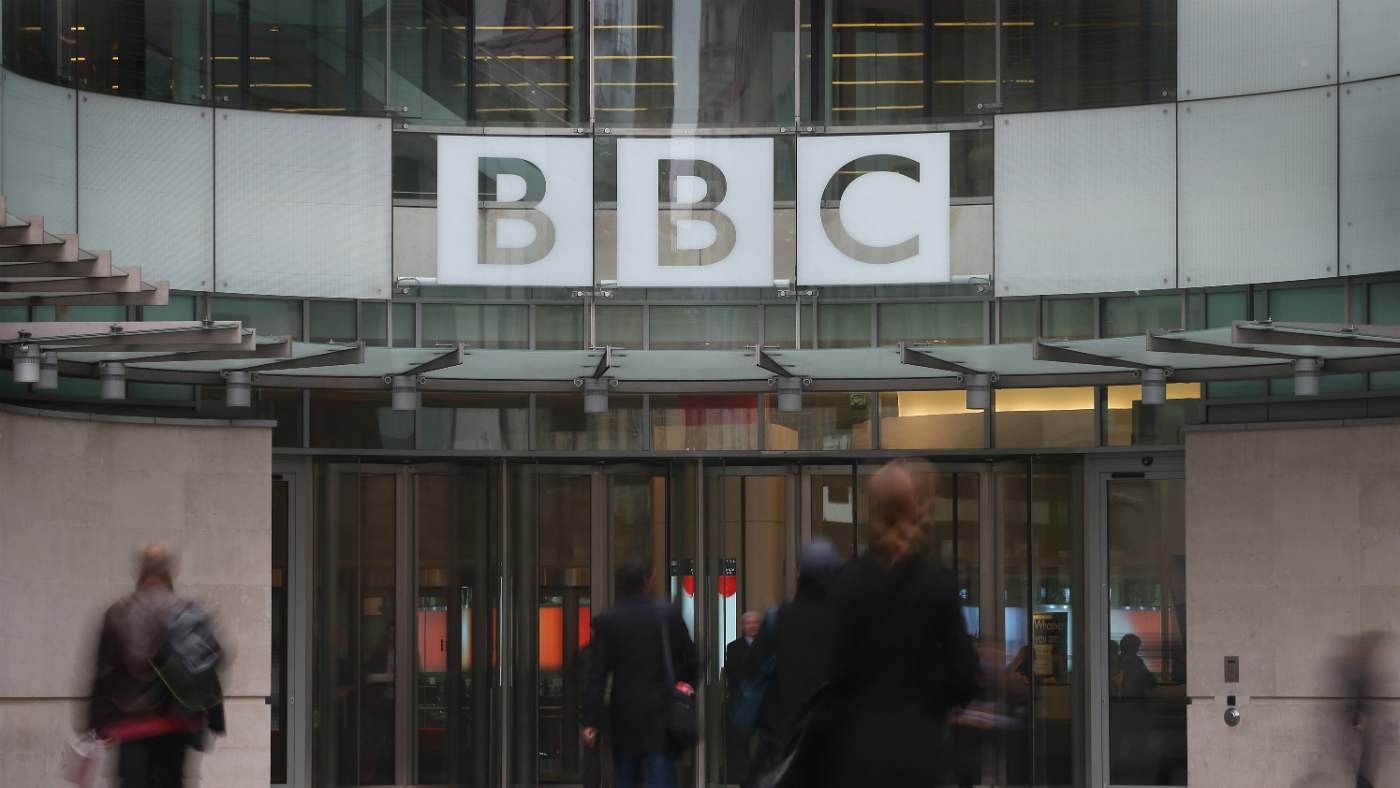
A free daily email with the biggest news stories of the day – and the best features from TheWeek.com
You are now subscribed
Your newsletter sign-up was successful
The BBC licence fee will increase by 6.6% from £159 to £169.50 from April next year.
The increase is far less than the BBC was expecting. It had been set to increase by 9%, in line with average inflation, after being frozen for two years.
Instead, the new rate is based on the consumer price index (CPI) inflation rate from September. Due to the recent fall in inflation it means the £169.50 figure is less than might have been the case.
The Week
Escape your echo chamber. Get the facts behind the news, plus analysis from multiple perspectives.

Sign up for The Week's Free Newsletters
From our morning news briefing to a weekly Good News Newsletter, get the best of The Week delivered directly to your inbox.
From our morning news briefing to a weekly Good News Newsletter, get the best of The Week delivered directly to your inbox.
The decision means the BBC will now be left with a funding gap of around £90 million, said the broadcaster.
Culture Secretary Lucy Frazer told MPs she was launching a review of the BBC's funding model as she announced the smaller than expected increase.
She said the government would support the BBC to "realise commercial opportunities which will make it more financially sustainable".
The Week takes a look at the arguments for and against the licence fee.
A free daily email with the biggest news stories of the day – and the best features from TheWeek.com
Match of the Day host Gary Lineker, the BBC’s highest-paid star, has also questioned the future of the annual licence fee and called for it to be made voluntary.
Pro: no advertising
The most commonly cited benefit of the TV licence is that it allows the BBC to have no need for third-party commercial advertising to generate revenue. UK programming and services remain advert-free through the BBC, as they have been since the corporation's inception.
Con: unfair and unpopular
A criticism often levelled at the BBC is that forcing people to pay for a service they either don't use very often or do not agree with politically is unfair. And the licence fee isn't popular. According to recent polling from Electoral Calculus, 63% of Britons agreed that the licence fee should be abolished and instead replaced with a voluntary subscription service.
Earlier this year, former BBC chairman Richard Sharp said that the licence fee system was "regressive" – meaning that wealthier households pay the same as poorer ones – and suggested it could be replaced by a tax on broadband bills or a household levy based on property value.
Pro: editorial independence
The BBC argues that the licence fee allows it to "remain independent and distanced from government initiatives, campaigners, charities and their agendas, no matter how apparently worthy the cause or how much their message appears to be accepted or uncontroversial".
Con: expensive fines
Some 10% of court cases relate to TV licensing, and while evaders don't end up with a criminal record, they could receive a fine of up to £1,000 – although most pay a fine of £150-£200.
LoveMoney, a personal finance site, has argued that the fines for not paying the BBC fee are an "unpayable charge" for people on low incomes, who are the "most likely to be done for licence fee evasion".
It also argues that the current system of licence collection is inefficient and far too costly for a publicly funded institution. "It costs a ludicrous amount in admin" that could easily "be saved by using a different funding model," according to the site. Official figures show that in 2022/23, the cost of licence fee collection was £136.5 million, representing 3.6% of the total revenue collected of £3.7 billion.
Pro: informing the public
Many of the BBC's supporters say that the corporation is a vital tool in ensuring that everyone in the UK – and across the world – is granted access to fair, unbiased news and public programming.
In recent years, the BBC has "helped to keep our most divisive national debates anchored in a bedrock of fact", wrote Martin Wolf in the Financial Times.
Recent research from Oxford University's Reuters Institute found that the BBC is "by far the most widely used source of news in the UK both online and offline" and is also "one of the most highly trusted" sources of news.
Globally, the BBC World Service reaches a weekly audience of 318 million people, according to the BBC. And in the UK, the broadcaster is used by 90% of adults and 80% of 18- to 34-year-olds a week, making it the most used media brand in the country, according to the National Audit Office.
Con: too centralised
Some critics have expressed concerns over the lack of BBC funding for minority languages and cultures of the UK. In 2019, a 68-year-old woman was arrested after she was revealed to be one of a group of around 80 people in Wales who had stopped paying their TV licence over a lack of representation of Welsh culture by the BBC.
The non-payment campaign was led by the language campaign group Cymdeithas yr Iaith Gymraeg, which according to The Guardian believes that Wales is "being ill-served by the media to the detriment of
-
 Local elections 2026: where are they and who is expected to win?
Local elections 2026: where are they and who is expected to win?The Explainer Labour is braced for heavy losses and U-turn on postponing some council elections hasn’t helped the party’s prospects
-
 6 of the world’s most accessible destinations
6 of the world’s most accessible destinationsThe Week Recommends Experience all of Berlin, Singapore and Sydney
-
 How the FCC’s ‘equal time’ rule works
How the FCC’s ‘equal time’ rule worksIn the Spotlight The law is at the heart of the Colbert-CBS conflict
-
 ‘Netflix needs to not just swallow HBO but also emulate it’
‘Netflix needs to not just swallow HBO but also emulate it’instant opinion Opinion, comment and editorials of the day
-
 Paramount fights Netflix for Warner as Trump hovers
Paramount fights Netflix for Warner as Trump hoversSpeed Read Paramount Skydance is seeking to undo Netflix’s purchase of Warner Bros. Discovery
-
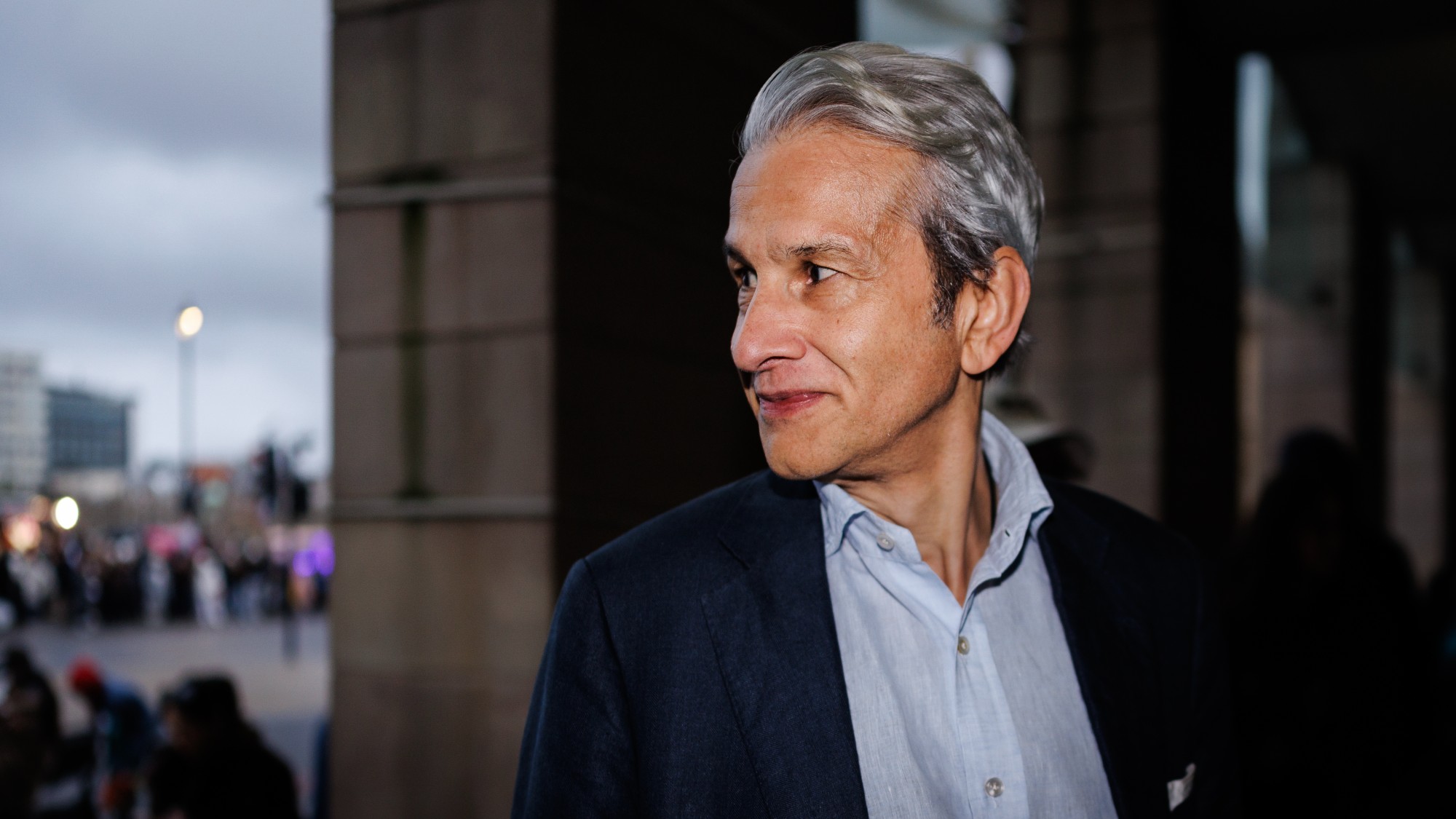 Can the BBC weather the impartiality storm?
Can the BBC weather the impartiality storm?Today's Big Question MPs’ questions failed to land any ‘killer blows’ to quell the ‘seismic outrage’ faced by the BBC
-
 Paramount, Comcast, Netflix bid for WBD
Paramount, Comcast, Netflix bid for WBDSpeed Read The outcome of this bidding war ‘could alter the trajectory of the entertainment business’
-
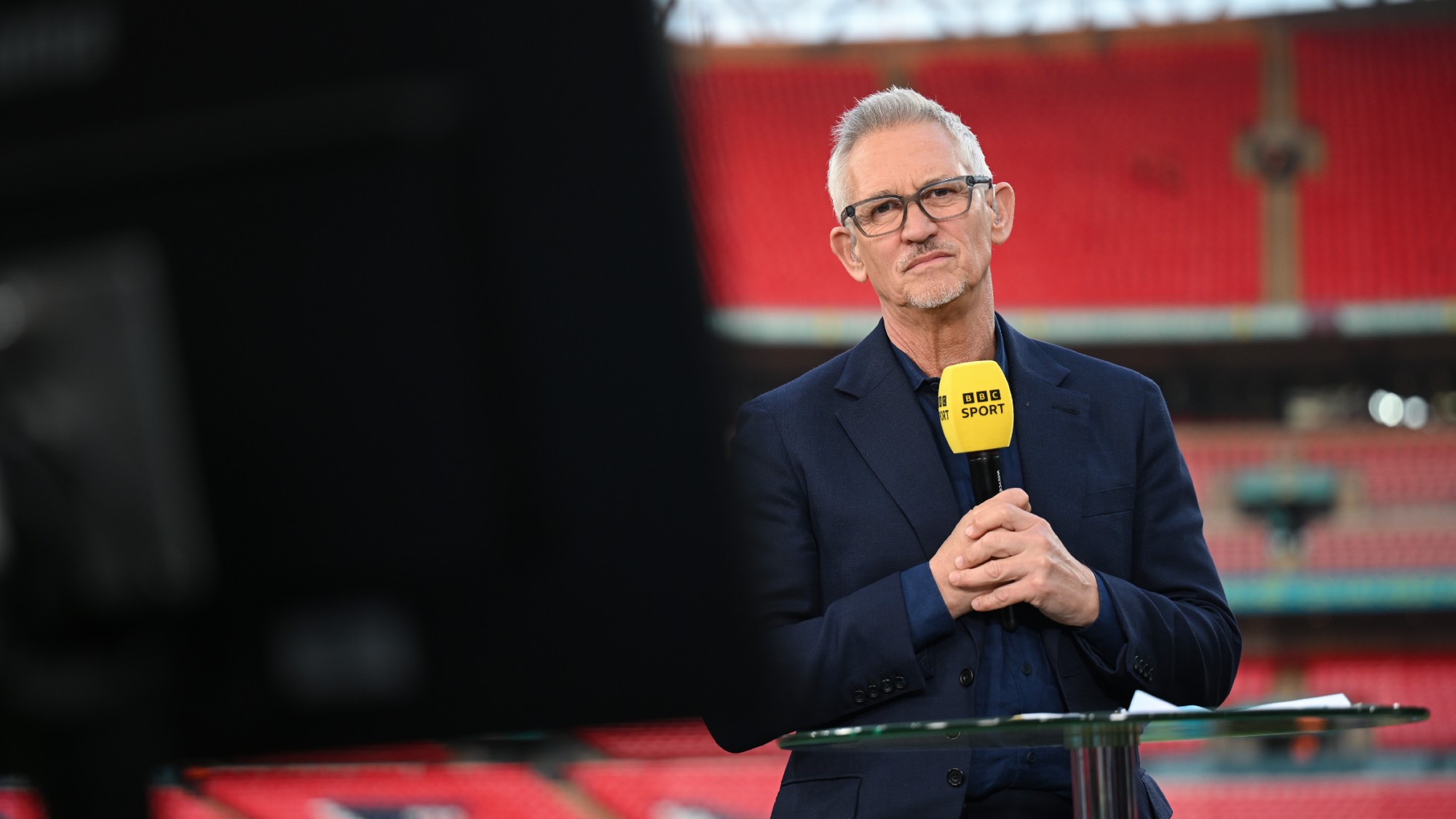 What are the impartiality rules for BBC presenters?
What are the impartiality rules for BBC presenters?The Explainer News presenters and hosts of 'flagship programmes' must adhere to tougher guidelines than other staff and freelancers
-
 Meghan Markle's Netflix show: 'bang on the money' or hopelessly 'cheugy'?
Meghan Markle's Netflix show: 'bang on the money' or hopelessly 'cheugy'?Talking Point The Duchess of Sussex relaunched her Instagram just in time for the trailer for her new lifestyle series
-
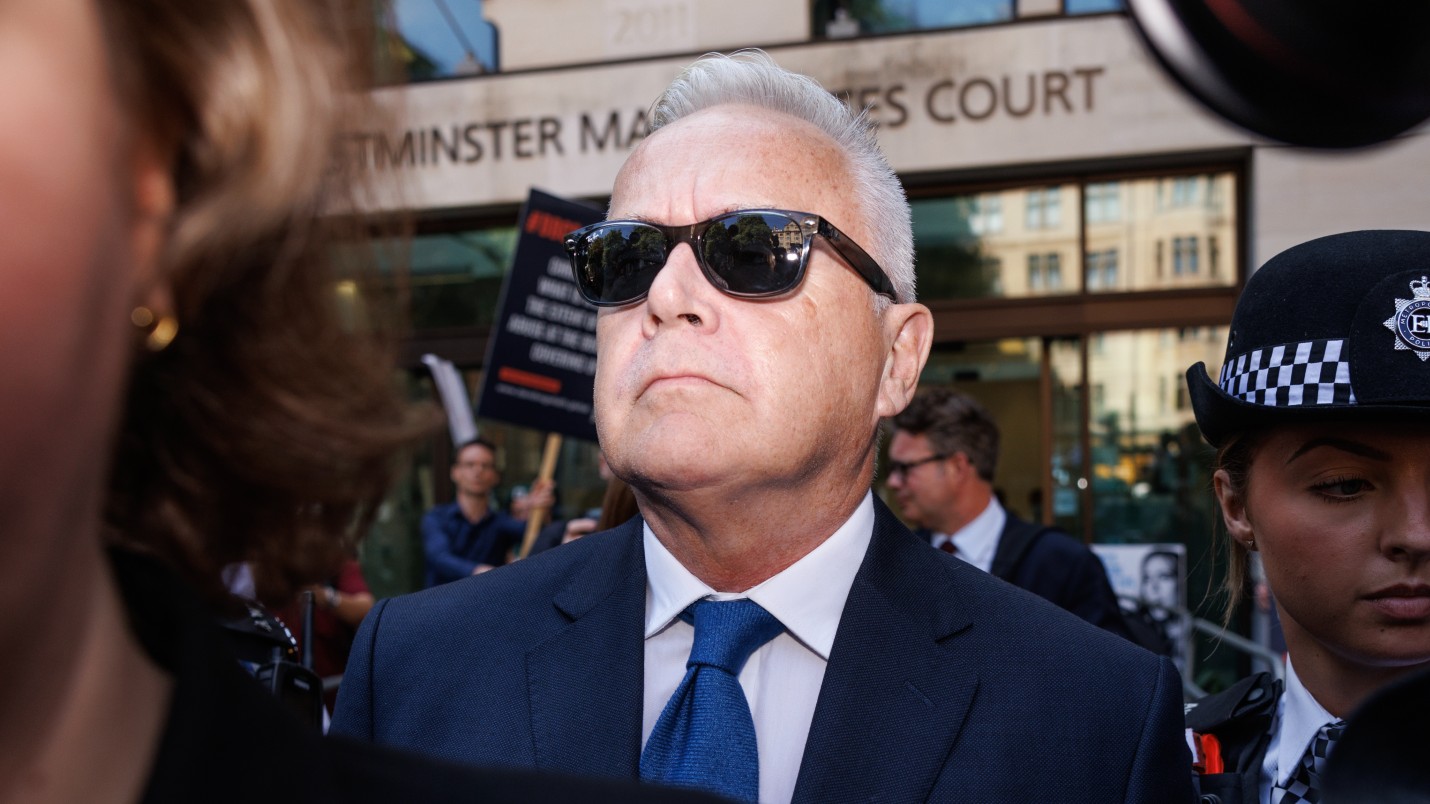 Huw Edwards: why is the BBC so scandal-prone?
Huw Edwards: why is the BBC so scandal-prone?In the Spotlight The national broadcaster has serious questions to answer
-
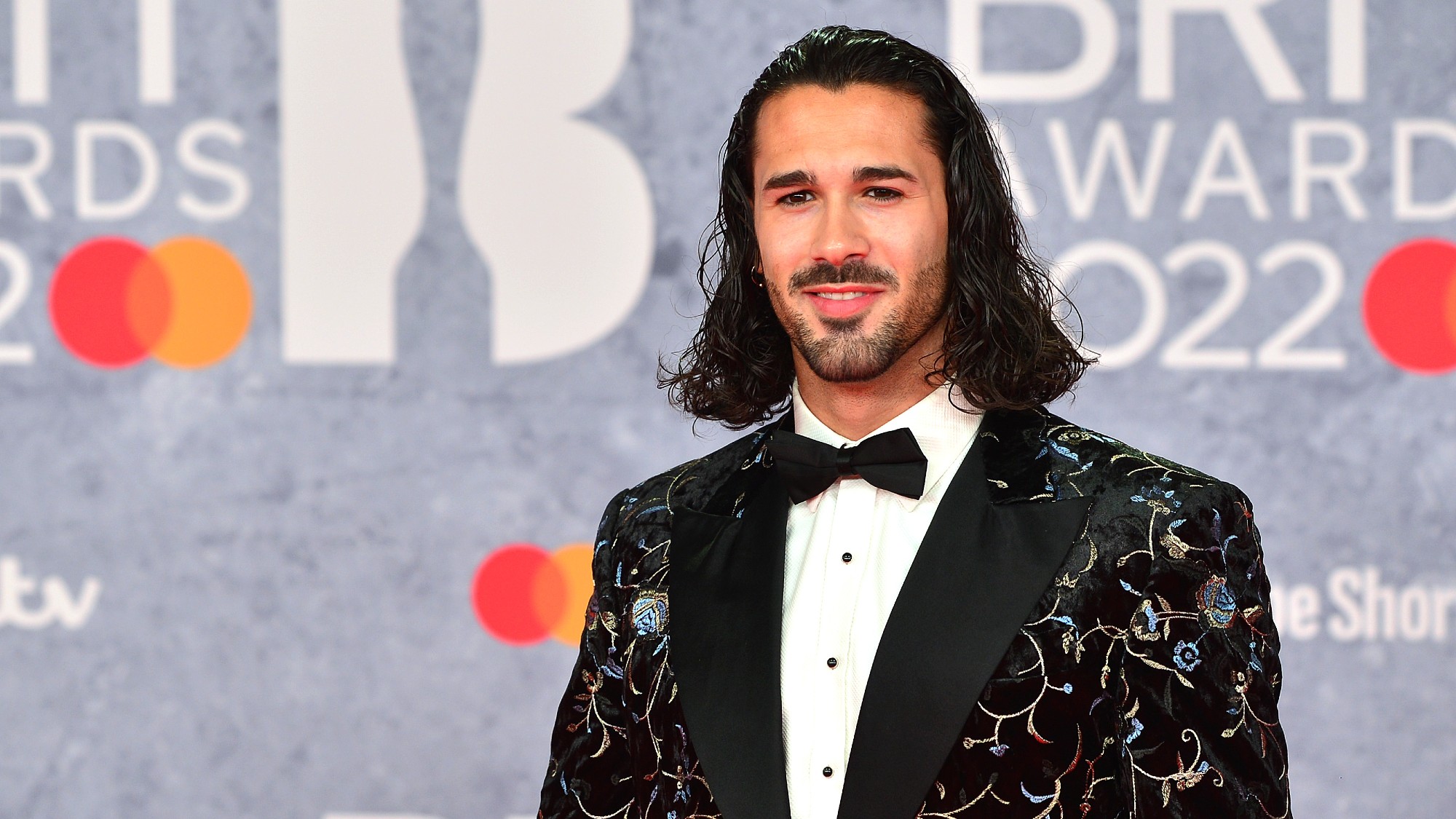 Strictly Come Dancing scandal timeline: what happened when
Strictly Come Dancing scandal timeline: what happened whenIn the Spotlight BBC director general addresses speculation over show's future and apologises to celebrity contestants who say they were mistreated